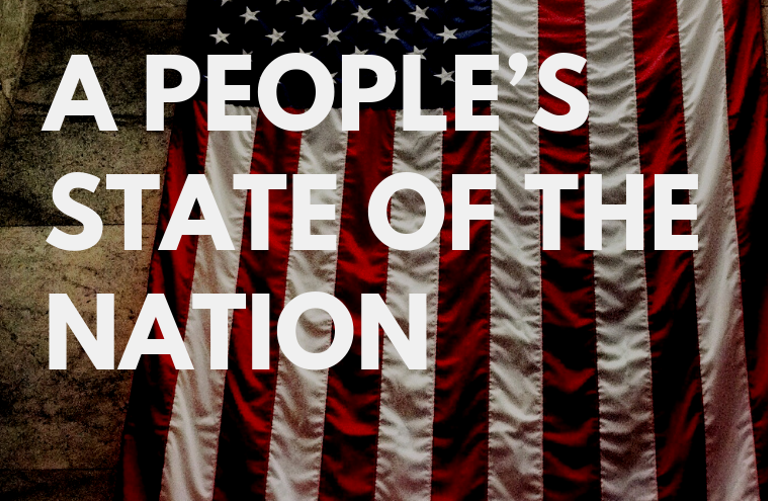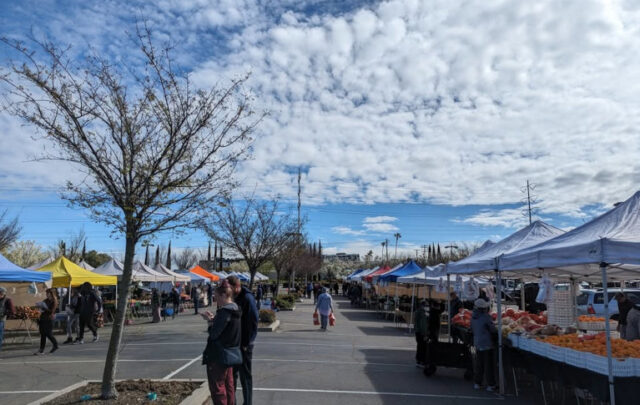With Democratic candidates for president coming forward and progressives nationwide defining the agenda ahead, this is a good time to look hard at where we are as a country. Abraham Lincoln put it best: “If we could first know where we are… we could better judge what to do and how to do it.”
So where are we? There are many ways to judge, but one important way is to compare ourselves to other advanced democracies and see where we stand in the rankings. Let’s focus on twenty well-to-do countries, all members of the Organization for Economic Cooperation and Development (OECD). In addition to the U.S., the group includes the fifteen major countries of Western Europe, Japan, Australia, New Zealand, and Canada.
Next, we need to know which rankings are important. People have different aspirations for the U.S., as we know all too well. The information presented below seeks to bypass abstractions like the overall economy and look instead at the situation facing actual people. To this end, it looks at U.S. performance in the areas of social welfare and economic security, environment and climate, health and well-being, education, gender rights and women, and democratic governance.
Theses realities deserve our most serious attention and links to all the referenced data are included for further exploration. These measures of our current situation—this “People’s State of the Nation” as it were—point to where American efforts must be. Even a few minutes with your head bowed over this material—which shows the U.S. woefully behind our peer countries—should convince you that we have let our national situation deteriorate for far too long. The following statistics show the United States is at the very bottom in treatment of women, treatment of children, environmental performance, and many key measures of social and economic well-being, including poverty, inequality, and longevity. No wonder Americans are frustrated and angry.
We now face a daunting, festering array of challenges that were decades in the making. These are issues that deeply afflict our lives and living, and will require the most determined and sustained policy response if we are to save ourselves and help others abroad facing even more dire prospects.
Many aspects of our national condition cannot be adequately captured in international comparisons, for example the special burdens across almost all issues faced by blacks and other minorities in America. The same is true for many international issues, like troops of some variety on the ground today in an estimated 149 of the world’s 195 countries.
Surely it is time to think clearly about how we arrived at this place, and what it means when huge problems arise and persist across almost the whole spectrum of national life. Now it is time to decide “what to do and how to do it.”
We know what is at stake on individual issues explored below, like the treatment of children. But, on a larger canvas, what is also at stake is the success of our experiment in nationhood. If we fail to come together to address these challenges, we will remain mired in desperate needs, split by deep divisions, and endlessly burdened and diverted by the cumulative consequences of global warming.
A look at the numbers
The United States is a rich nation by conventional measures. “The world’s highest standard of living” was once frequently heard. The United States is indeed first in average household income per capita, but we fall to sixth in median household income. Getting closer to the heart of the matter, the U.S. falls to thirteenth on the United Nations’ Human Development Index, which looks at education and longevity as well as purchasing power. When we examine the detailed conditions of life and living in America, our sad situation is more fully revealed. In a comparison with nineteen other OECD countries, thought to be our peers, recent studies indicate that the United States now has:
In Economic Well-Being

References:
- The highest rate of poverty overall and the second highest rate for children. The poverty rate among blacks is more than twice that of whites, and about a third of all Americans live in or near poverty
- The greatest inequality of both incomes and wealth
- The third lowest social mobility
- The smallest government payments and taxes to reduce poverty and fourth from bottom in overall public spending on social conditions
In Gender and Women’s Issues

References:
- The lowest rank in the United Nations’ Gender Inequality Index, with international ranking of 41st
- Next-to-last in the percentage of women ministers/cabinet members
- The second highest wage gap for employed women
- The greatest rate of violence against women
In Social Well-Being

References:
- The largest consumers of opioids per capita
- The highest drug-death rate
- The highest consumption of anti-depressants per capita
- The highest rate of death due to police shootings
- The third highest suicide rate
- The highest homicide rate
- The highest incarceration rate
- And third from bottom in trusting other people
In Environmental Protection

References:
- The lowest rank on the World Economic Forum’s Environmental Performance Index and 114th in “climate and energy” performance globally
- The second highest Ecological Footprint per capita
- The largest cumulative emitter of greenhouse gases and the second largest current emitter and the third largest emitter per capita
- The greatest meat consumption and the second highest water consumption, both per capita
In Child Welfare and Education

References:
- The lowest score on UNICEF’s Index of Well-Being of Children
- The highest infant mortality rate
- The lowest score in math performance and middling performance in reading and science
In Health and Health Care

References:
- The shortest life expectancy
- The highest share of population with mental health and substance abuse disorders and the highest share with depression
- The highest rates of skipped medical visits and skipped medications due to cost
- The highest spending on health care as % of GDP
In Governance

References:
- Fifth from bottom in the 2017 Economist Intelligence Unit Democracy Index; in 2016 the U.S. fell from “full democracy” to “flawed democracy”
- Fourth from bottom in protection of fundamental rights
- Near the lowest in voter turnout in national elections
- The fifth lowest in confidence in national government, and the third lowest in confidence in the courts and judicial system
In International Affairs

References:
- The next-to-lowest contributor to international development and humanitarian assistance as a % of GDP
- The highest rate of failure to ratify international agreements
- The greatest military expenditure in total and as a % of GDP. In 2017 the US spent more than the next seven countries combined.
- The largest international arms sales
Sarah Baehr and Conor Ploeger, both associated with the Vermont Law School, assisted with the research and preparation of these data sets.





